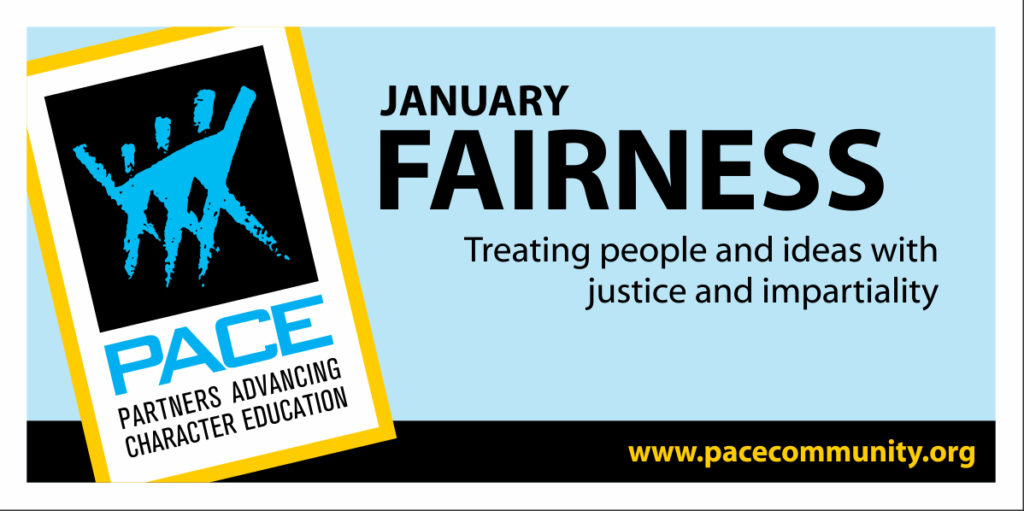
Judge Aimee Maurer, Presiding Judge of the Spokane County District Court
Fairness in the Courtroom?
In life there are few places you will visit in which your desire for fairness is more sincere than when you open the heavy, oak doors, to a courtroom. As much as we expect the aroma of roasted, coffee beans, to seep from the walls of our local café, so too society expects fairness when they open the doors to the halls of justice.
Our Country’s legal foundation is premised upon the concept of due process. A somewhat esoteric concept, which essentially means “fairness of process.” However, as a judge, the question I kept asking was why we encounter so many unhappy litigants if we are truly doling out fairness in the courtroom.
It is important to understand it is not uncommon for parties to leave the courtroom as unhappy as when they first entered. For most, the threshold of the courtroom is breached with the same trepidation experienced when committing the act which summoned them there. Any cloak of comfort is generally disrobed by the guards at the security checkpoint. From the austere décor, to the eternally stressed lawyers working tirelessly to address the demands of a never-ending line of litigants. It all adds to the feeling of the courtroom as intimidating and frightening. And the outcomes? Righteous litigants lose money, the innocent can lose their liberty, some, though guilty, walk free.
How can a courtroom be a place of fairness given the apprehension many feel standing in the corridors presumed to be overseen by Lady Justice? There is only one other place where one can expect and anticipate fairness, yet may tremble with fear for what is to come. Fortunately, this article is not about church.
According to Webster, fairness is the “state of being impartial or the lack of favoritism toward one over another.” A simple definition and one which reasonable people are not prone to disagree. However, when I speak with people unhappy with the outcome of a court hearing, I often hear complaints about how the result was “not fair.” When questioned further, what I most commonly hear is unhappiness with the final decision. The problem with this outlook is predicated on the concept that an outcome must be fair for the entire system to be fair.
Oliver, my 12-year-old son, thinks fairness is having the same bedtime as his 20-year-old brother. Oliver does not believe it is fair that his bedtime is 9:00 p.m., when Liam gets to stay up much later. The goal of his present argument is getting a later bedtime. The fallacy in Oliver’s concept of fairness rests in his unhappiness with the result. To him, it would only be fair if his bedtime were the same as Liam. However, fairness comes with the process of deciding the appropriate bedtimes as our children grew older; each child received the same process.
Fairness is a crucial part of the foundation of our legal system. However, fairness has little to do with the result. Too often we confuse fairness with outcomes. Results are not meant to be fair. In fact, the legal system is ill equipped to bring about fairness in all decisions. If a defendant is convicted for theft of your car, there is no punishment that can be administered which results in you being treated fairly. Your car was already stolen. The defendant can serve no jail time, or years in jail; the impact to you remains the same. You do not have your car. Where fairness is crucial is in the process of the legal system. Both sides need an opportunity to be heard, to express their concerns, and to argue for the result they desire. Fairness is only reached when each party receives the same deference to their argument and the same application of the law. Fairness has little to do with the legal outcome.
That is not to say that judges always reach the proper conclusion. There are legions of appellate lawyers standing by to address the grievances of those stricken by errant decisions of trial judges. You might say, to judge is to error, as results are something altogether different than fairness.
Judge Aimee Maurer serves as the Presiding Judge of the Spokane County District Court. She began her legal career as a law clerk for the Washington State Court of Appeals, Division III. Thereafter, she joined the Spokane County Prosecutor’s Office until she entered private practice in 2009. While in private practice, she focused on civil litigation, personal injury, insurance defense, construction defect, commercial losses, agricultural litigation and transportation litigation. In 2014, she was elected a Spokane County District Court Judge.

